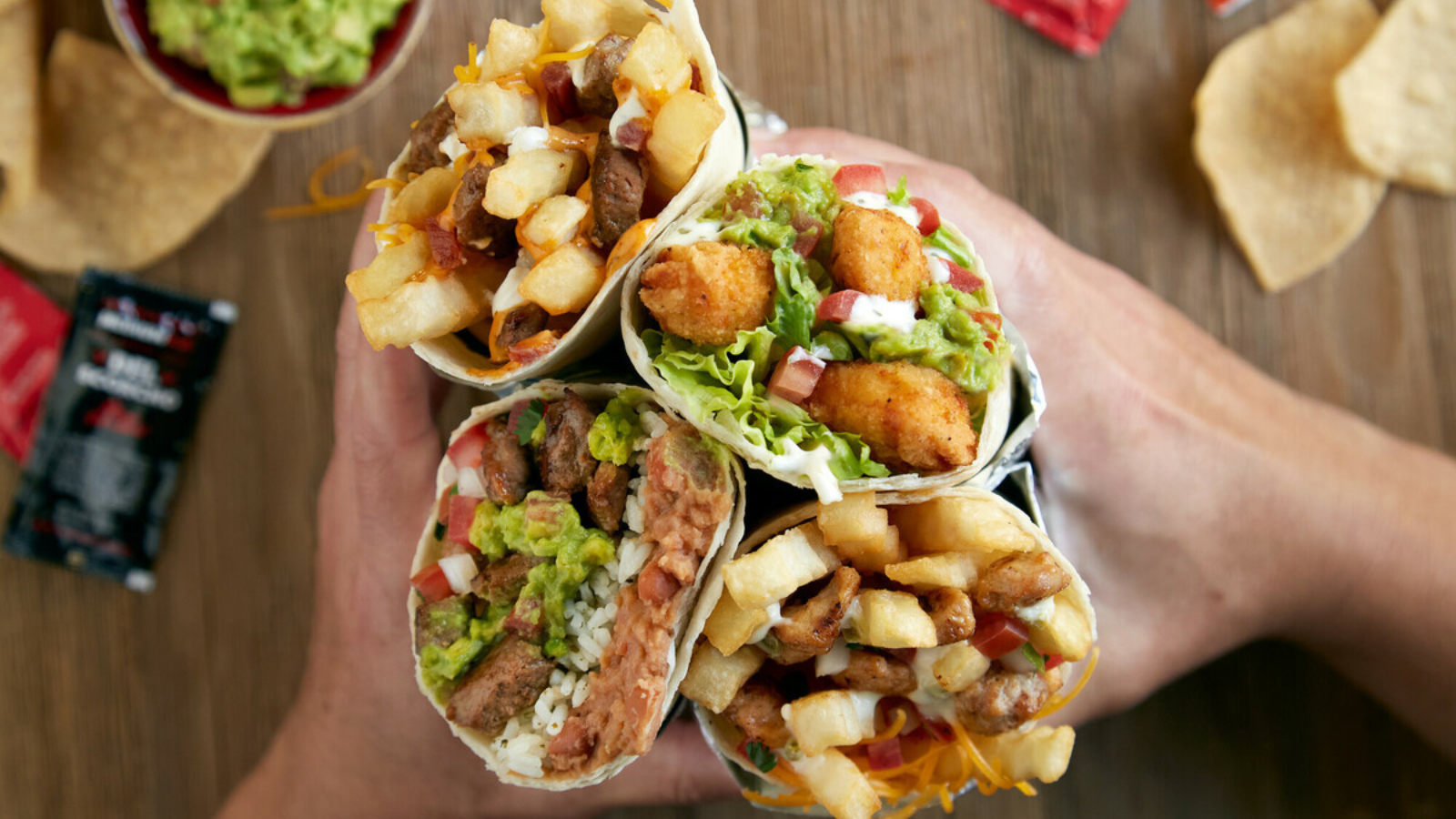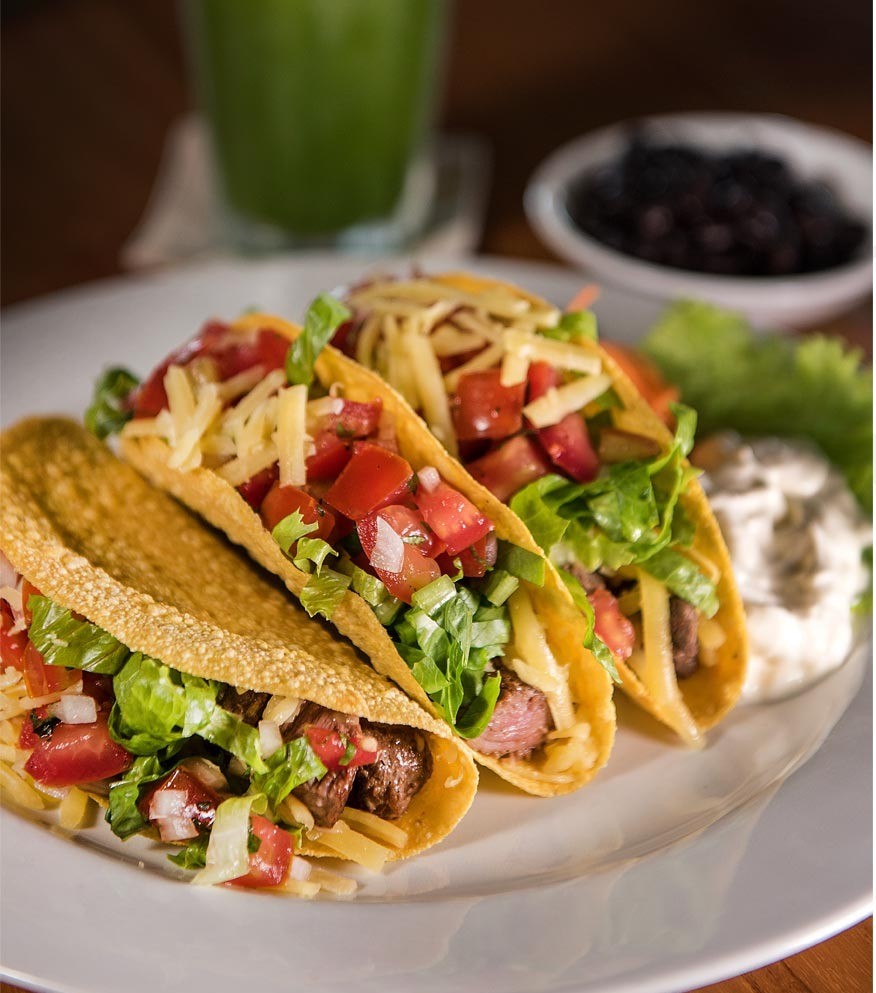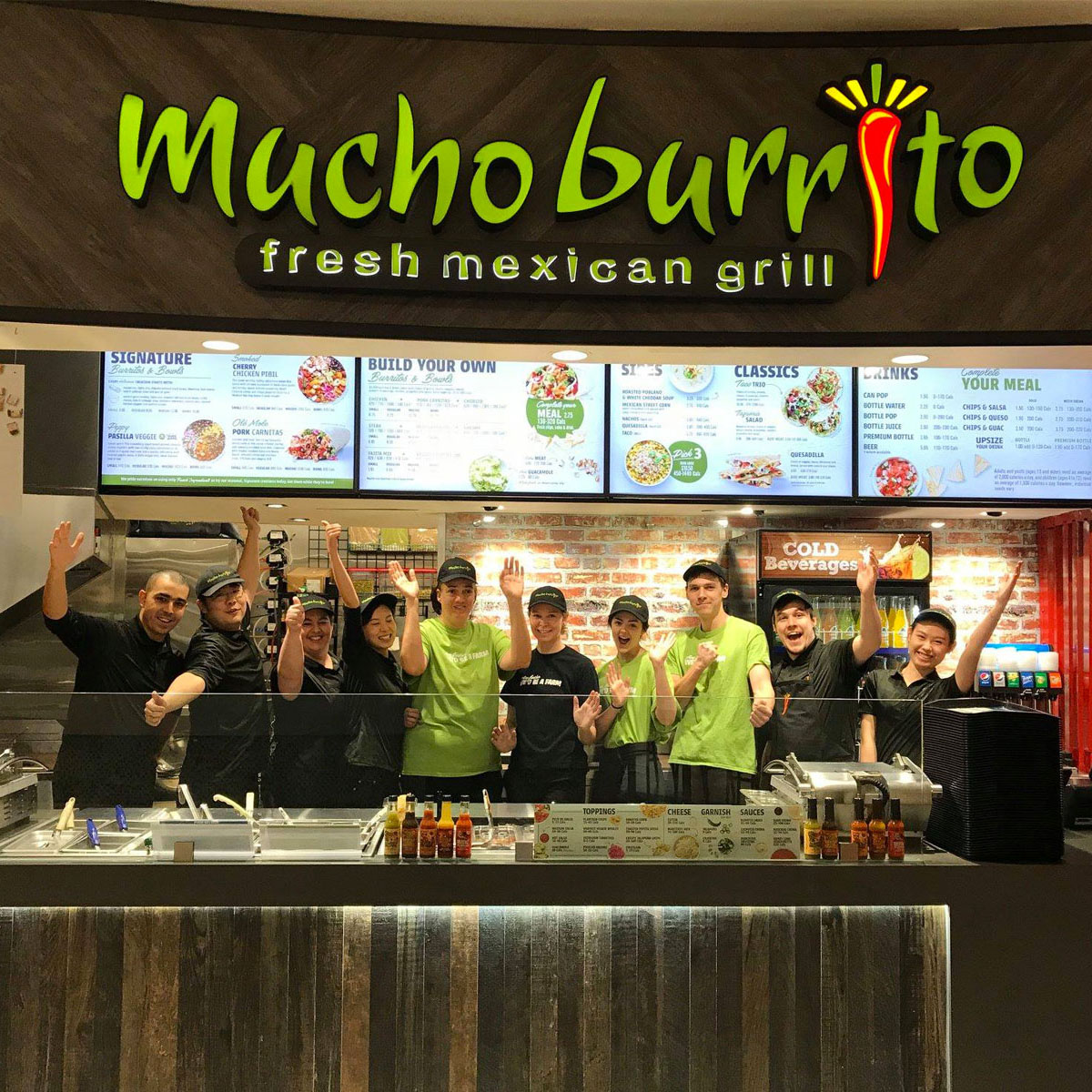Could a "dank burrito franchise" truly be the key to an edgy, urban, and ultimately, bold business venture? The burgeoning Mexican food franchise industry, fueled by a love for bold flavors and convenience, is proving that yes, it very well could be. This vibrant sector offers diverse opportunities for aspiring entrepreneurs, and understanding its intricacies is paramount to success.
Navigating the world of food franchises, particularly in the dynamic Mexican cuisine space, requires a keen understanding of market trends, financial considerations, and the specific brands vying for a share of the consumer's appetite. The allure of delivering not only delicious Mexican food but also an element of fun and, dare we say, the "world's best marg" is a driving force for both franchisees and customers alike. For those pondering the possibility of buying a Mexican food franchise, or indeed any food franchise in the UK, this exploration should illuminate the path forward, answering key questions about this exciting industry.
| Aspect | Details |
|---|---|
| Industry Overview | The Mexican food industry is experiencing consistent growth, driven by consumer demand for flavorful, convenient, and customizable dining options. |
| Market Growth (USA) | Ibisworld data indicates a 2.4% increase in Mexican restaurants in the USA, reaching an estimated 48,207 establishments in 2022. |
| Franchise Opportunities | Numerous Mexican food franchises are available, offering diverse investment levels to suit different budgets. |
| Popular Brands | Chipotle, Qdoba, and Taco Time are prominent examples of successful Mexican food franchises. |
| Key Success Factors | Considering the local market, the current landscape of franchise opportunities, and the brand's business model are crucial for success. |
| Investment Considerations | Some franchises require relatively small initial investments, making them accessible to a wider range of entrepreneurs. Liquid capital and net worth requirements vary by brand. |
| Franchise Examples | Chipotle, established in 1993 in Denver, CO, focuses on fresh ingredients. Qdoba, founded in 1995, has been franchising since 1997. Taco Time boasts over 60 years in business. |
| Consumer Appeal | The popularity of Mexican food stems from beloved menu items such as burritos, bowls, quesadillas, tacos, and salads, catering to a wide range of taste preferences. |
| Future Outlook | The ongoing popularity of Mexican cuisine suggests continued growth within the franchise sector, presenting ongoing opportunities. |
Ibisworld Report
The fascination with Mexican cuisine in the United States, and indeed globally, is undeniable. The simple question, "Who doesn't love the taste of spicy quesadillas and creamy burritos?" highlights a fundamental truth: the flavors of Mexico resonate with a vast and diverse audience. This widespread appeal is a significant driver behind the ongoing expansion of Mexican food franchises.
Chipotle, a name now synonymous with customizable burritos and bowls, exemplifies this trend. Founded in Denver, Colorado, in 1993, Chipotle quickly captured the attention of consumers with its focus on fresh, high-quality ingredients and a build-your-own-meal concept. The chain's success, reflected in its expansion to over 700 locations across 47 states, Canada, and Puerto Rico, proves the viability of the Mexican food franchise model.
Qdoba Mexican Eats, another prominent player, entered the franchising arena in 1997, following its inception in 1995. Qdoba, like Chipotle, capitalized on the demand for customizable Mexican fare, offering a variety of options that appeal to different palates. The success of both Chipotle and Qdoba underscores the importance of adapting to consumer preferences and providing a unique dining experience.
Beyond the giants of the industry, smaller chains like Taco Time also demonstrate the enduring appeal of Mexican food. Taco Time, with its established business model and decades of experience (over 60 years), offers a proven path to franchise success. Their continued presence in the competitive landscape underscores the fact that longevity and a well-defined brand identity are key ingredients for any successful franchise.
For aspiring franchisees, navigating the landscape of Mexican food franchise opportunities requires diligent research. Consider that the local market's characteristics, demographics, and the level of competition are all crucial factors. Researching the current landscape of Mexican food franchise opportunities will influence your ultimate decision, helping to align your investment with the best possible prospects for success.
Financial requirements vary among franchises. Some require relatively small investments, while others demand substantial liquid capital and net worth. Taco Time, for example, mandates $150,000 in liquid capital and a minimum net worth of $250,000. These figures are merely indicative and may vary significantly. Always do your due diligence, analyzing the franchise disclosure document (FDD) and consult with a financial advisor before making any investment decisions.
Franchising in the food industry presents a unique set of challenges and rewards. The franchisee benefits from established brand recognition, proven business models, and ongoing support from the franchisor. However, there are also ongoing royalty fees, strict adherence to the franchise's operational standards, and a potential lack of complete control over business decisions. Understanding these trade-offs is essential when exploring franchise opportunities.
The rapid growth of the Mexican food sector suggests a strong future for franchises in this space. As consumer preferences evolve, the most successful franchises will be those that adapt to changing tastes, embrace innovation, and consistently deliver high-quality food and a positive customer experience. In the end, the "dank burrito" might just be the starting point of a very delicious journey.


